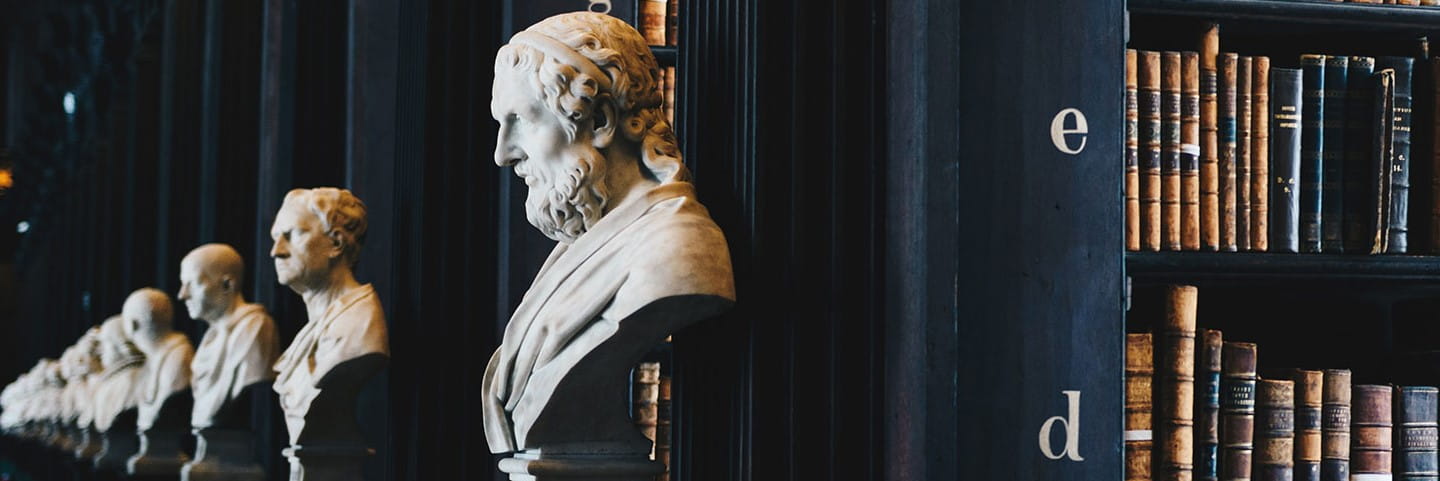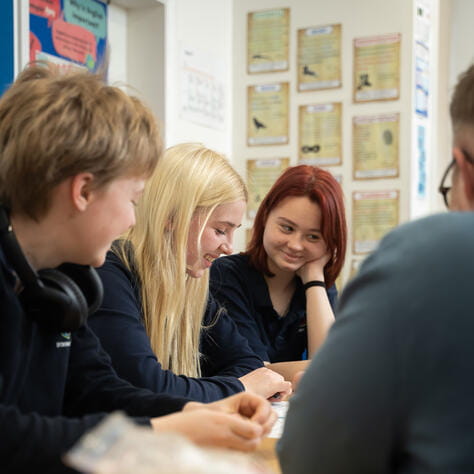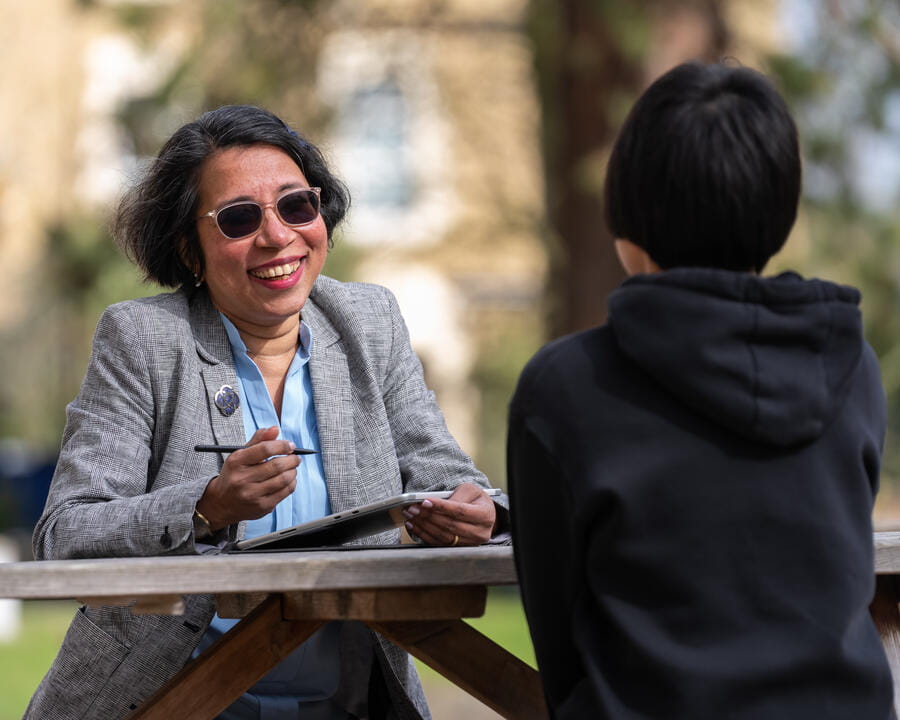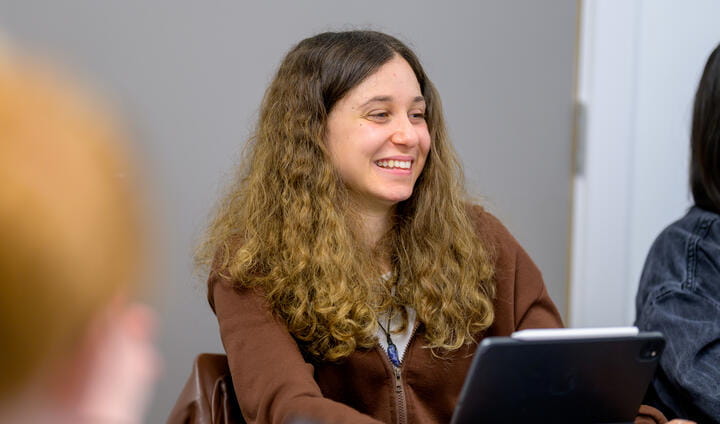We use cookies to improve your online experiences. To learn more and choose your cookies options, please refer to our cookie policy.
Becky studied Politics at Durham University before completing a History PGCE at Oxford. In between the two she had a career in marketing in London but after a few years saw the light and realised that teaching was the only job for her. She has been teaching in Oxfordshire and West Berkshire for 12 years, gaining experience in a variety of different school settings. She sees her role as Head of History to help all teachers and students achieve as highly as possibly as they can in the subject whilst hopefully fostering a lifelong love for history. She firmly believes that, as well as being a fascinating subject, the analytical skills developed through the study of history help us all to become more sophisticated and nuanced in our thinking; an essential skill in today’s world.



















